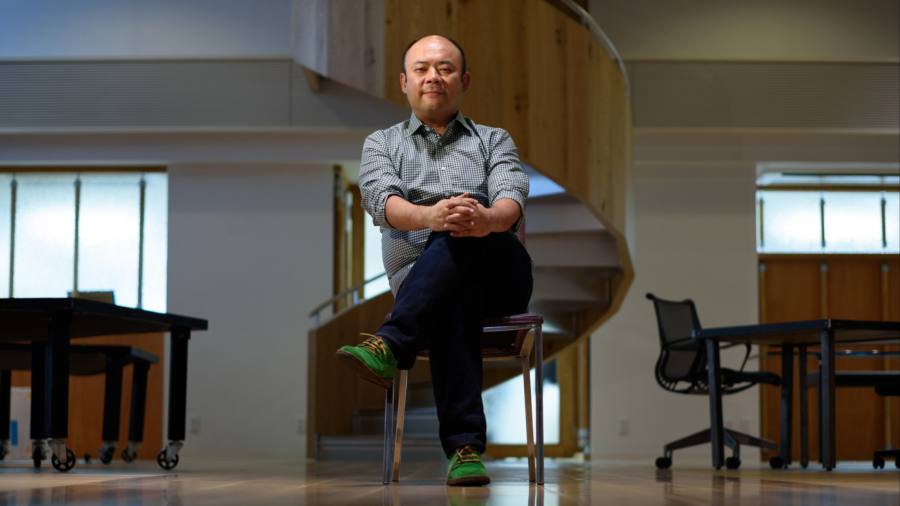SoftBank’s decision to sell its Korea-based venture capital arm to a company recently founded by the brother of its chief executive Masayoshi Son has drawn criticism from analysts over governance standards at the tech conglomerate.
The Japanese group has denied any conflict of interest over the deal, but sellside analysts and governance experts have taken issue with the fact that the latest sale, despite its small size, is just one of several transactions at SoftBank involving its founder and his family.
On Wednesday, the Japanese group said The Edgeof, a company established last month by entrepreneur Taizo Son, would buy SoftBank Ventures Asia for an undisclosed sum.
The fully owned subsidiary manages about $2bn in assets and has invested in more than 300 companies since it was founded in 2000 as SoftBank Ventures Korea.
“I believe that The Edgeof, run by leaders with extensive knowledge and excellent track records in start-up investment, will further strengthen the ecosystem for tech start-ups,” Yoshimitsu Goto, SoftBank’s chief financial officer, said in a statement.
The venture capital arm made several early investments that later attracted the participation of SoftBank’s much larger Vision Fund, as in the cases of South Korean ecommerce group Coupang and Indonesian rival Tokopedia.
Similar to the Vision Fund, SoftBank Ventures Asia suffered losses after the global tech rout hurt the valuation of early-stage start-ups in which it invested.
SoftBank said to avoid any governance issues, Masayoshi Son did not participate in the deal’s approval process.
“The transaction was executed after full and due scrutiny and consideration of the terms in accordance with internal governance rules when an actual or perceived conflict of interest exists, and received the approval of the Board of Directors,” it said.
Nicholas Benes, a corporate governance expert, said the process SoftBank underwent meant “technically” there was no conflict of interest issue.
“But there is an ‘optics’ problem,” he said. “Even if it is a small deal . . . Mr Son’s shadow was in the background even if he wasn’t physically in the room.”
Another longtime SoftBank analyst based in Tokyo said it was not the first time a family-related transaction raised governance concerns: “[Masayoshi Son] has done this before. At least, this deal is not material in any sense to SoftBank.”
In the past, SoftBank also invested heavily in GungHo, a start-up founded by Taizo Son that produced the world’s first mobile game to generate more than $1bn in revenue.
The brother then founded the venture capital firm Mistletoe, with initial ambitions to encourage a more vibrant start-up culture in Tokyo. He later moved the main base of operations to Singapore, arguing that the pace of innovation was quicker.
Masayoshi Son’s personal ties to SoftBank’s Vision Fund and other investment vehicles have also raised eyebrows among investors. The 65-year-old owed SoftBank more than $5bn at the end of last year after the group fronted its founder the money to invest in its technology-related funds.
Read the full article here





